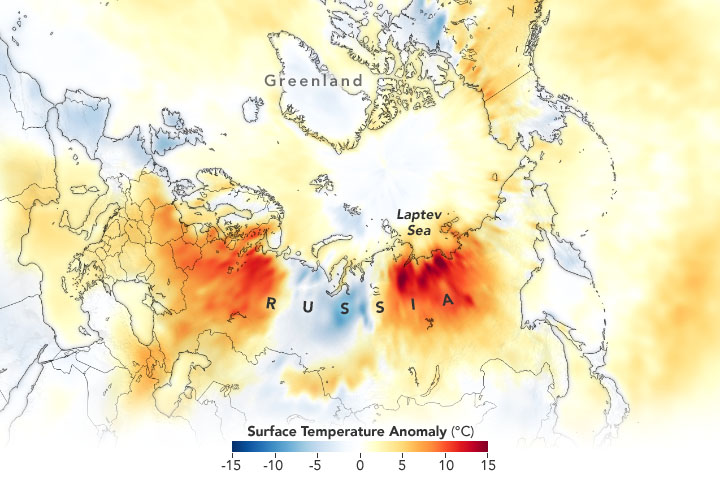
- Canada has experienced the greatest heat in its history this week. On Monday, the country’s 48-degree record was recorded in the western region of British Columbia, and it was outnumbered by 49.6 celsius on the following day in a locality in the same locality.

The death toll in British Columbia has risen to 230 since last weekend.
The extreme heat zone of Canada is developed in a green region, full of forests and typical, fresh and rainy, in British Columbia. In the South, a similar phenomenon is also taking place in the fresh states of the American Pacific (Washington, Oregon). On the other side of the Pacific Ocean, Siberia is suffering from other terrible heatwaves. In the Siberian town of Oimiakon, which has one of the strongest colds in the world, 31 degrees have been recorded at this end of June: In 1933, the cold of -67.7 celsius was measured there.

The summers of this week, that of Canada and that of Siberia, are not directly related, there are thousands of miles away from each other. However, some scientists believe that climate change is particularly affecting the Arctic regions. In other words, the increase of one or two degrees of the world's average heat is globally catastrophic in many parts of the world, but it is above that measure above the summer heat around the Arctic.
In the Arctic or anywhere, indications of the reality of global warming are becoming increasingly clear.